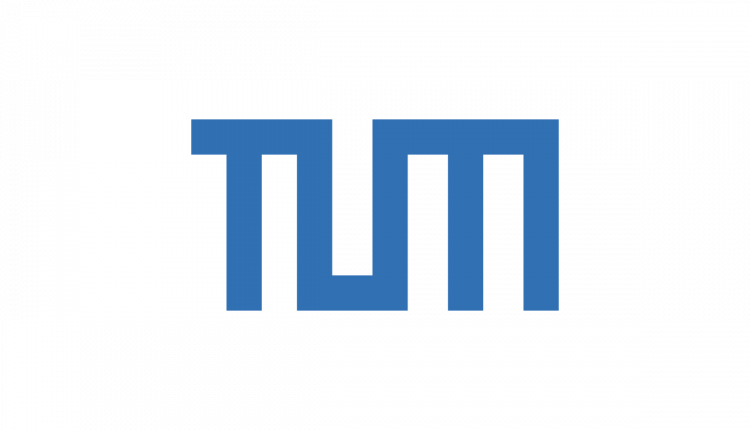Technical University of Munich: Teaming up against waste of resources
Working together with partners from higher education, business and society to find creative solutions to conserve resources and avoid waste – that’s the challenge students from all over Europe can take on in the first EuroTeQ Collider. Together with trainees and experts, they work in teams to find solutions for real-world problems. Teams that are particularly convincing will be able to present their concept to the EU Commission. Registration is still possible until 6 April.
The EuroTeQ initiative of six leading European technical universities aims to shape an integrative and interdisciplinary engineering education that makes graduates of technical subjects fit for their manifold future challenges. The EuroTeQ Colliders play an important role in this: as topic-related project weeks, they bring together students and doctoral candidates from the universities with trainees and employees from partner companies as well as players from civil society. Together they work on different challenges, this year under the motto “Leave no waste behind” with the subthemes “Cities”, “Energy” and “Consumption”.
From smart irrigation to energy optimization
The Professorship of Policy Analysis of Prof. Dr. Stefan Wurster at the Department of Governance is responsible for this first EuroTeQ Collider at TUM. Together with students, companies and non-profit organizations, around 15 challenges were developed, which the project groups in the Collider seminar will address in the coming months. They range from the development of a smart irrigation system or data analyses for the energy optimization of value chains to the fundamental question of what actually constitutes sustainably acting engineers. All projects will be presented at the kick-off event for the EuroTeQ Collider at TUM on 28 March, 2022.
Challenge givers participating in the Collider include the Chair of Hydraulic and Water Resources Engineering, student initiatives such as Plant a Seed and ElecTUM, and companies like Siemens and Mathworks. Students thus not only have the opportunity to address pressing future issues with their expertise and earn credits in the process, they also specifically broaden their perspectives and profile beyond their own discipline and make valuable contacts in business and civil society.
From the seminar room to the European Commission
After the teams have formed to tackle the individual challenges, they work on solutions for specific issues relating to waste avoidance, resource conservation, or the sustainable optimization of production processes. In parallel, the working groups at the other EuroTeQ universities are working on their concepts.
In June, the winning teams from all universities will be selected to present their projects at a joint event of the EuroTeQ partners, the EuroTeQaThon. And those who are particularly convincing here will be given the opportunity to pitch to the European Commission. Thus, European ideas turn into European reality.

